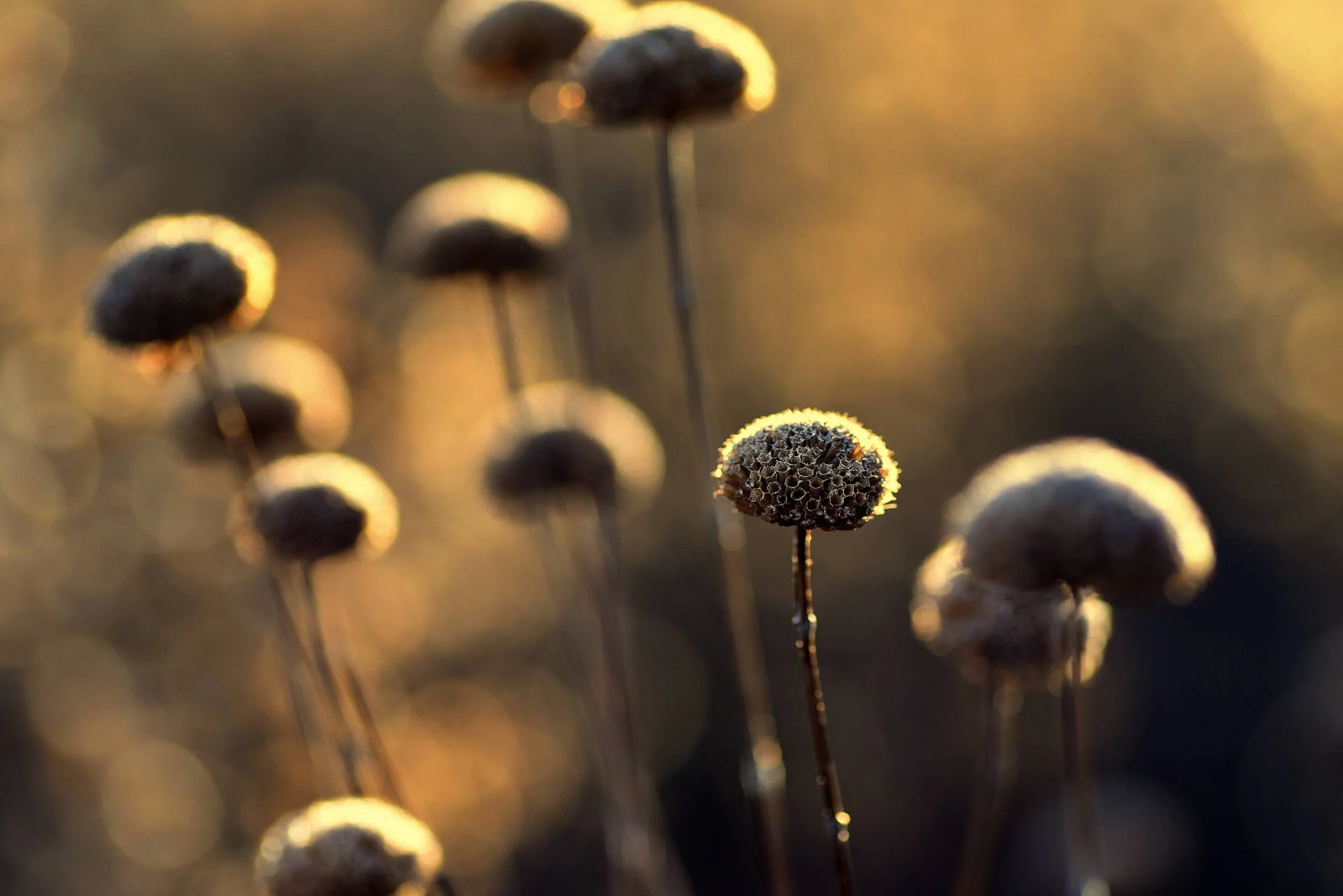When I volunteer in prison, it includes both group and individual sessions. The pastorals are rich, meaningful, and sometimes difficult. The stories I hear—real stories from real people—are heartbreaking. I try to be a mirror for the inmates. I let them know where they’ve grown and changed and how their meditation practice inspires me. I look them in the eyes and speak this from my heart. Almost always, it brings an inmate to tears, even the biggest, toughest guys. Seeing his own goodness reflected back at him is a revelation. Rarely is he told the ways he’s good, wise, and inspiring.
Like these inmates, I need my own mirrors: friends who support me when I’m caught in fear or doubt. People who reflect back to me the big leaps I’ve taken, the lives I’ve impacted, and the special qualities of my work. Like many, I judge myself most harshly, so it’s helpful when others send a softer, more truthful message. A reality check, not from an effusive place but from a heartfelt place.
We can all look more closely at the people in our lives, including ourselves. We have goodness and light inside us (imagine yourself and other people as newborn babies—that innate goodness is still there). It radiates in different—sometimes surprising—ways, but it’s there in everyone. What is this person’s special quality? What do I really appreciate about him? How does her unique light shine? (Ask these questions about yourself, too.) These are things we can share with each other. Our lives are wondrous, short, and precious. There’s no reason to hold back. We can tell people why and how we love them; spread gratitude and appreciation; share from an open heart.
During uncertain times, when fear speaks loudly, our mind puts people into buckets: “us” and “them" or “me” and “the rest of the world.” The constricted view of “us” and “them” doesn’t feel very good. It’s a fearful mental construct. If we intentionally expand our mind and heart (little bit by little bit), we feel better. Though fear frantically screams differently, we don’t need the layers of protection. In safe ways, we remove one layer, then another. We open our hearts to all of life. It’s not “us” and “them.” It’s WE.
WRITING: MAKE A LIST
Get your journal and a pen. Write down the names of important people in your life. Think broadly: friends and family; neighbors and coworkers; teachers, authors, artists; spiritual leaders; people you know personally and people you don’t know; people alive and dead. Let the names flow freely. Take your time.
When your list feels finished (for now), reflect deeply on each person. Write more: What do you appreciate about this person? What are their good qualities? How do they inspire, support, or love you? Why are they important to you? Again, take our time.
After this writing exercise, notice how your body feels. Notice how your heart feels. Notice anything about your experience.
MEDITATION
I invite you to lie down, with a bolster comfortably along your back body, which opens and expands the heart. If that doesn’t feel comfortable, then sit in way that allows for the heart to expand. Create the conditions you need, then sink into this meditation:
Notice how you feel after that meditation. Remember: everything belongs. Whatever your experience, try to stay open and curious. Notice. Breathe.
EVERYDAY AWARENESS PRACTICE
Share the love. Look back at your list (important people + what you appreciate about them). Consider sharing those words. Send people a text or email, make a phone call, or put a card in the postal mail. Share with people why and how you love them.
Anonymous acts of kindness. True generosity opens the heart. But we often have expectations about our giving—we want to be liked and admired; or seen and appreciated. Bhante Gunaratana wrote helpful words on this topic: “The best giving occurs when we have no expectations of any return, not even a thank-you. We give while knowing that we already have in our hearts everything we need to be happy. Giving anonymously, and without knowing the recipient, is a wonderful way to be generous.” Anonymous acts of kindness are fun. They can be creative and they feel radical, in a beautiful way.


